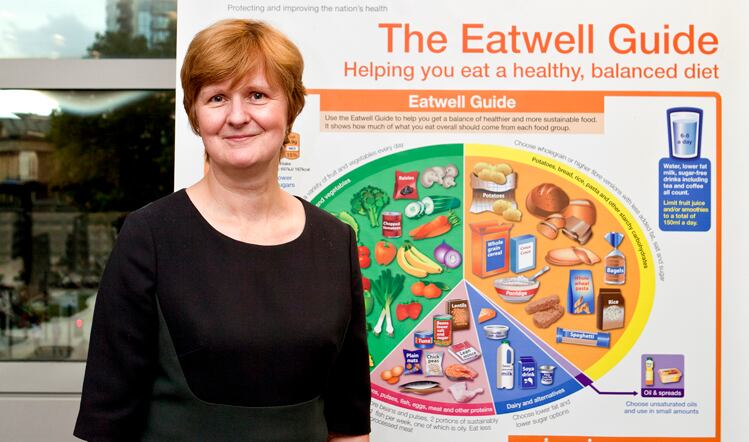As a nation we are eating too much. Children, in particular, are consuming more than double the recommended amount of sugar and more than one-third of children are overweight or obese by the time they leave primary school.
This increases their likelihood of being overweight or obese as adults, putting them in adulthood at greater risk of serious illnesses such as type 2 diabetes, heart disease and some cancers.
We have now published the second progress report on the sugar reduction programme, a challenge set to the food industry to help tackle childhood obesity by reducing the amount of sugar in the foods contributing most to children’s intakes by 20% by 2020.
2.9% reduction in sugar
For retailers and manufacturers, we have now seen a 2.9% reduction in sugar overall, with some sectors showing much bigger changes – yoghurts and fromage frais have cut down on sugar by 10.6% and breakfast cereals by 8.5%.
In the out-of-home sector, there has been a 4.9% reduction overall, although this is based on more limited data and cannot be directly compared to retailers and manufacturers.
However, despite these successes, there have also been missed opportunities. Biscuits, chocolate confectionery and ice creams, lollies and sorbets have shown no real change in sugar levels, and the sugar in puddings and sweet confectionery continues to increase.
Manufacturers and retailers have a clear role to play in supporting families to make the healthy choice the easy choice, whether through reducing sugar in their products, changing portion sizes or switching sales to healthier product lines.
Good health benefits business
This isn’t just good for health, it’s good for business. We know consumers support these changes and they want industry to work alongside Government to achieve them.
There are leaders in this space who have recognised this business opportunity, but more needs to be done to make everyday foods better for us. The reduction and reformulation programme is voluntary, and Government has always said it will consider the other levers available.
Severe obesity in children leaving primary school is higher than ever before – this is unacceptable, given action can be taken to prevent it.
Future generations will not forgive us for missing this opportunity to make further progress, faster.
- Dr Alison Tedstone is chief nutritionist at Public Health England (PHE)




